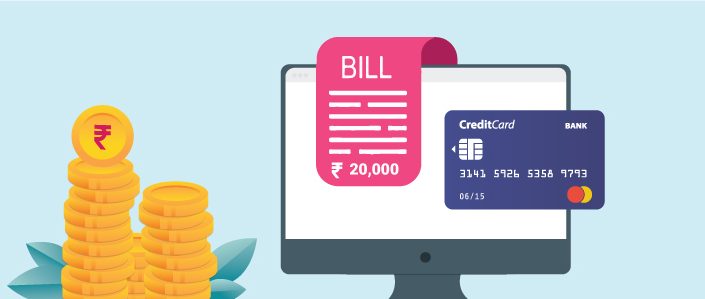Introduction on credit card bill payments:
Credit cards are powerful financial tools that offer convenience, flexibility, and rewards to consumers. However, their benefits come with responsibilities, one of which is timely bill payment. When it comes to paying your credit card bill payments, timing is crucial. Understanding the optimal timing for credit card bill payments can help you manage your finances effectively, avoid unnecessary fees, and maintain a healthy credit score.
Ensuring timely payment of your credit card bill is paramount for preserving a positive credit score and evading penalties. The due date specified on your credit card statement serves as a critical deadline. By paying at least the minimum amount due by this date, you can sidestep late fees and safeguard your creditworthiness. Being aware of this date and strategizing your payment schedule can enhance your financial management, prevent unnecessary expenses, and maximize the advantages offered by your credit card.

Importance of Timely Payments:
Timely credit card bill payments are essential for several reasons. Firstly, they help you avoid late payment fees and penalty interest charges, which can add up quickly and significantly increase your debt burden. Secondly, consistent on-time payments contribute to building a positive credit history, which is vital for obtaining favorable loan terms in the future. Additionally, late payments can negatively impact your credit score, making it harder to qualify for loans, mortgages, or even rent an apartment.
Choosing the Right Payment Date:
Selecting the appropriate payment date for your credit card bill depends on various factors, including your billing cycle, due date, and personal cash flow. Ideally, you should aim to pay your credit card bill payments in full before the due date to avoid interest charges. However, if you’re unable to pay the full balance, making at least the minimum payment by the due date is crucial to avoid late fees and negative effects on your credit score.
Understanding Billing Cycles:
Credit card billing cycles typically range from 28 to 31 days, during which you make purchases using your card. At the end of each cycle, your billing statement is generated, detailing your transactions, outstanding balance, minimum payment due, and due date. It’s essential to review your statement carefully to ensure accuracy and track your spending habits.
Click here to check out Credit Calculators.
Grace Periods and Due Dates:
Most credit cards offer a grace period, usually around 21 to 25 days, between the end of the billing cycle and the payment due date. During this period, you can pay your balance in full without incurring any interest charges. However, if you carry a balance from one month to the next, interest will accrue from the transaction date, and the grace period may not apply.
Factors to Consider:
When deciding your credit card bill payments, consider factors such as your income schedule, other financial obligations, and the availability of funds. Some people prefer to pay their bills as soon as they receive them to avoid forgetting or overspending. Others may wait until closer to the due date to ensure they have sufficient funds in their account.

Strategies for Effective Bill Payment:
To ensure timely credit card bill payments, consider setting up automatic payments or reminders through your bank or credit card issuer. Automatic payments deduct the full balance or minimum payment from your bank account on the due date, reducing the risk of missed payments. Alternatively, you can set up calendar reminders or alerts on your phone to notify you of upcoming due dates.
Conclusion:
Paying your credit card bill on time is a fundamental aspect of responsible financial management. By understanding the optimal timing for bill payments, you can avoid unnecessary fees, maintain a positive credit history, and stay on track toward your financial goals. Whether you choose to pay your bill early, on time, or closer to the due date, consistency and diligence are key to financial success.
To read more articles, visit credit calculators







